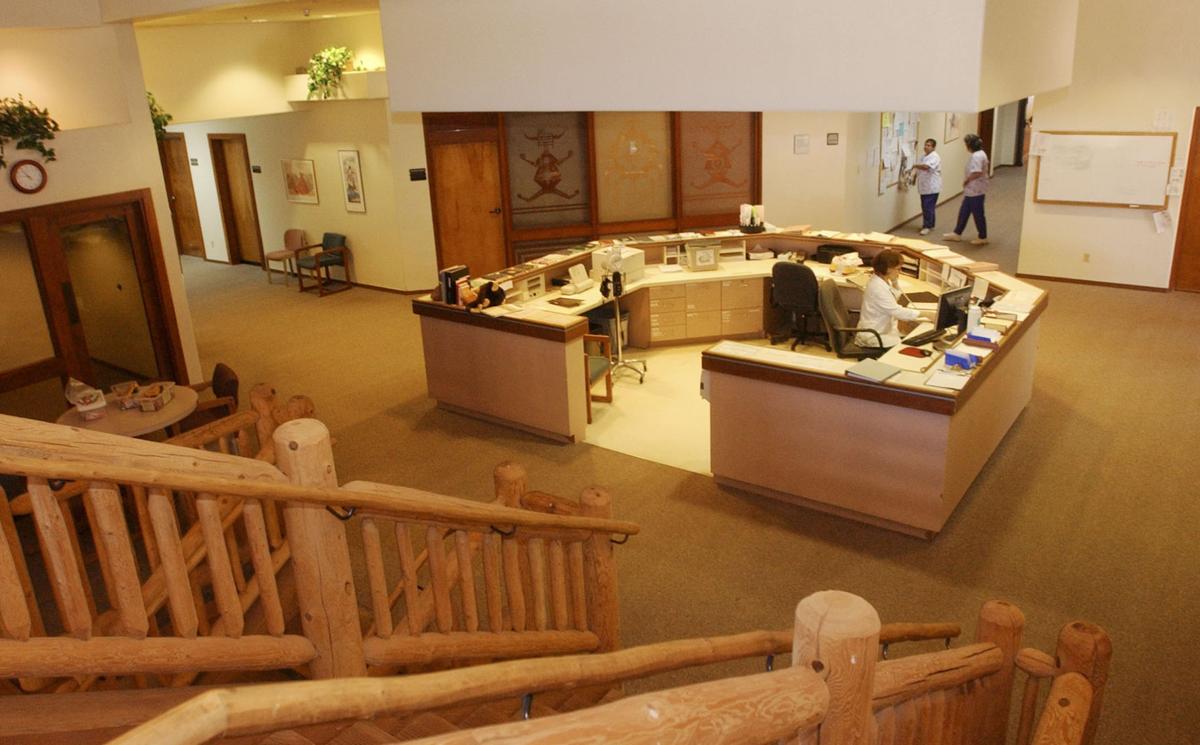State health officials have decided to give the Sierra Tucson rehab center another chance, restoring its license despite numerous patient safety problems that have included five deaths in the last four years.
Sierra Tucson, a 32-year-old for-profit center that has earned a reputation as a “rehab for the stars,” had been on a provisional license through Saturday after state officials found it had not been following its own policies on keeping track of patients’ whereabouts. A provisional license means the facility was subject to stepped-up monitoring by the state.
The state could have decided not to license Sierra Tucson at the end of the provisional period. Surveyors from the state were at the facility north of Tucson on Friday and determined that there were enough improvements to restore the license, officials said.
While the facility will continue to operate, there will be changes, including restrictions on who can be admitted to its residential program, says an agreement Sierra Tucson CEO William D. Anderson signed with the state.
Anderson did not return telephone messages or emails from the Star on Friday.
The facility will be subject to some new rules, including keeping patients with mood and anxiety disorders in a “ligature free” environment. The three most recent patient deaths were of middle-aged men who hanged themselves — two with shoelaces and one with a belt.
The agreement calls for certain patients to be excluded from admission, including those with a current or active diagnosis of schizophrenia, a current or active diagnosis of dementia, five suicide attempts in a lifetime, three attempts in the previous 12 months or an attempt within 72 hours of the requested admission date.
Investigators from the Arizona Department of Health Services found that the 59-year-old California man who killed himself while a patient in the residential area of Sierra Tucson on Aug. 27 had made two previous suicide attempts, had made a plan to kill himself with a gun while at home in June, and had an extensive family history of suicide — his aunt and father both killed themselves. The investigation also turned up numerous instances when staff workers were not keeping track of patients, including the man who killed himself in August.
The state had previously fined Sierra Tucson over a 55-year-old Pennsylvania man who hanged himself Jan. 23. In that case, investigators found no evidence that the patient had attended any of his scheduled activities that day, nor that any staff members had seen him at all that morning.
In its latest agreement with the state, Sierra Tucson agreed to “cautionary admission criteria” for middle-aged men with severe depression and accompanying problems including chronic pain, a family history of suicide and a lack of family or career support.
State health department spokeswoman Holly Ward confirmed Friday that Sierra Tucson had recently paid the state $35,000 in civil penalties — $27,000 in fines related to an investigation into the Aug. 27 patient suicide plus $7,500 it owed following an investigation into the Jan. 23 patient suicide.
Sierra Tucson. which is licensed for 124 residential and 15 acute care beds, also agreed to other stipulations:
- Patients will not be able to transfer from acute-level beds to a residential level of care if they have a high or moderate suicide risk assessment.
- All direct care staff workers must have submitted a fingerprint application by Saturday and must have completed fingerprint clearance cards or provide documentation that the card is in process by the Arizona Department of Public Safety by Dec. 31.
- If additional suicides occur as a result of noncompliance with applicable Arizona laws, regulations or facility policies and procedures, the department may revoke Sierra Tucson’s license.
- Sierra Tucson is subject to unlimited, unannounced monitoring surveys by the department.
State documents show that as of September, Sierra Tucson had begun construction to make four rooms “ligature free.” On Aug. 28 it removed all non-breakaway rods from closets, a state report says.
The facility is on 160 acres at 39580 S. Lago del Oro Parkway along the Pinal-Pima County border. It has programs to help patients with addictions, mood disorders, chronic pain, eating disorders and trauma through its “Sierra Model” of integrating therapies such as massage, yoga and acupuncture with traditional psychiatry.
Sierra Tucson was founded in 1983 by recovering cocaine addict William O’Donnell Jr. at the former Brave Bull Guest Ranch. The center has had a reputation as a rehab center to the stars, with reports of celebrity patients. Most patients are in their late 30s and early 40s. A majority of patients self-pay at a cost of about $1,300 per day or about $40,000 per month.
Sierra Tucson is the flagship facility of California-based CRC Health Group, which was recently acquired by behavioral-health giant Acadia Healthcare.
In October 2014, Acadia bought CRC Health Group from private equity firm Bain Capital for $1.2 billion, according to Becker’s Hospital CFO Report. Publicly traded Acadia has inpatient behavioral health facilities in the United States, England and Puerto Rico.





